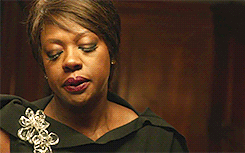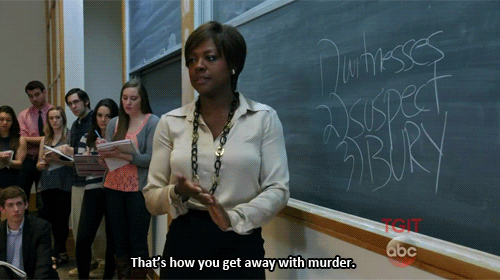Hey everyone! Long time, no talk. Well, we’re going to change that today, and we’re going to shake up the topics as well. I’m here to tell you all about a company that I love, even if I’m not crazy for their product. That company is Taco Bell.
Taco Bell is one of the best-known names in fast food, but they’ve hit more than their fair share of speed bumps along their journey to ubiquity. In the fallout of a lawsuit in 2011 (which was later dropped) over whether or not the beef the brand uses can legally be called “beef” due to the presence of additional fillers, the company experienced a dip in sales and a decline in consumer reputation. This inspired the Taco Bell team to roll out with three new product lines and – for our analytical pleasure – a fiercely compelling social media campaign.
There are three trends that you’re supposed to focus on when creating an effective brand personality through social media, and Taco Bell totally nailed all of them:
- Personality attribution – what kind of “person” do you want your brand to be?
- Tone and language – how will your brand “sound” to your publics?
- Interactivity – what kind of engagement will your brand have with its followers?
Let’s dive into each of these a little deeper.
Personality Attribution
Studies have shown that there are several key brand personality traits that influence consumer perception, and Taco Bell has carefully picked which of those traits and qualities they wish to project. Taco Bell has also exemplified the traits of excitement, authenticity, and commitment, which have worked to influence consumer purchasing behavior based upon their perceptions of the company as innovative and likable. Taco Bell has also placed a premium on transparency, which is crucial in building trust around the brand. Most of these traits are exemplified in their social media messaging, which we’ll get to in a sec. But first…
Tone & Language
One of the key moves that launched Taco Bell’s personality branding success was its command of the irreverent language and tone that defines its millennial target audience.
By utilizing their social listening tech and cultivating an on-point brand personality, the company is able to use their messaging to project that persona and connect with their audience.
Two-Way Communication and Interactivity
Now, this is where Taco Bell really shines. Personality attribution and tone/language help to set the stage for this trend – the aggressive, entertaining, and downright hilarious messaging that the company pushes through its social media channels.
Taco Bell knows their audience, and strives to mirror their online behavior. The company has stated that it wants to convert its “followers” to “friends,” and in order to do that, capitalizing on the brand’s personality and voice is a necessity. Taco Bell achieved social media dominance by using social listening tactics to stay relevant in conversations, actively participating in trending topics, utilizing reciprocity in social engagement, and going outside the social media sphere to have real-life interaction with influencers and fans.



Basically, all of Taco Bell’s hard work and social media listening skills have paid off, and they’re currently reaping the rewards of their efforts. Revenue for the chain is up, they’re ranked among the most social brands, and they’ve achieved tremendous success on their social platforms.
You go, Taco Bell!!













